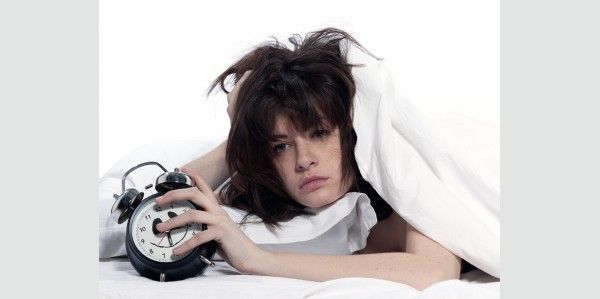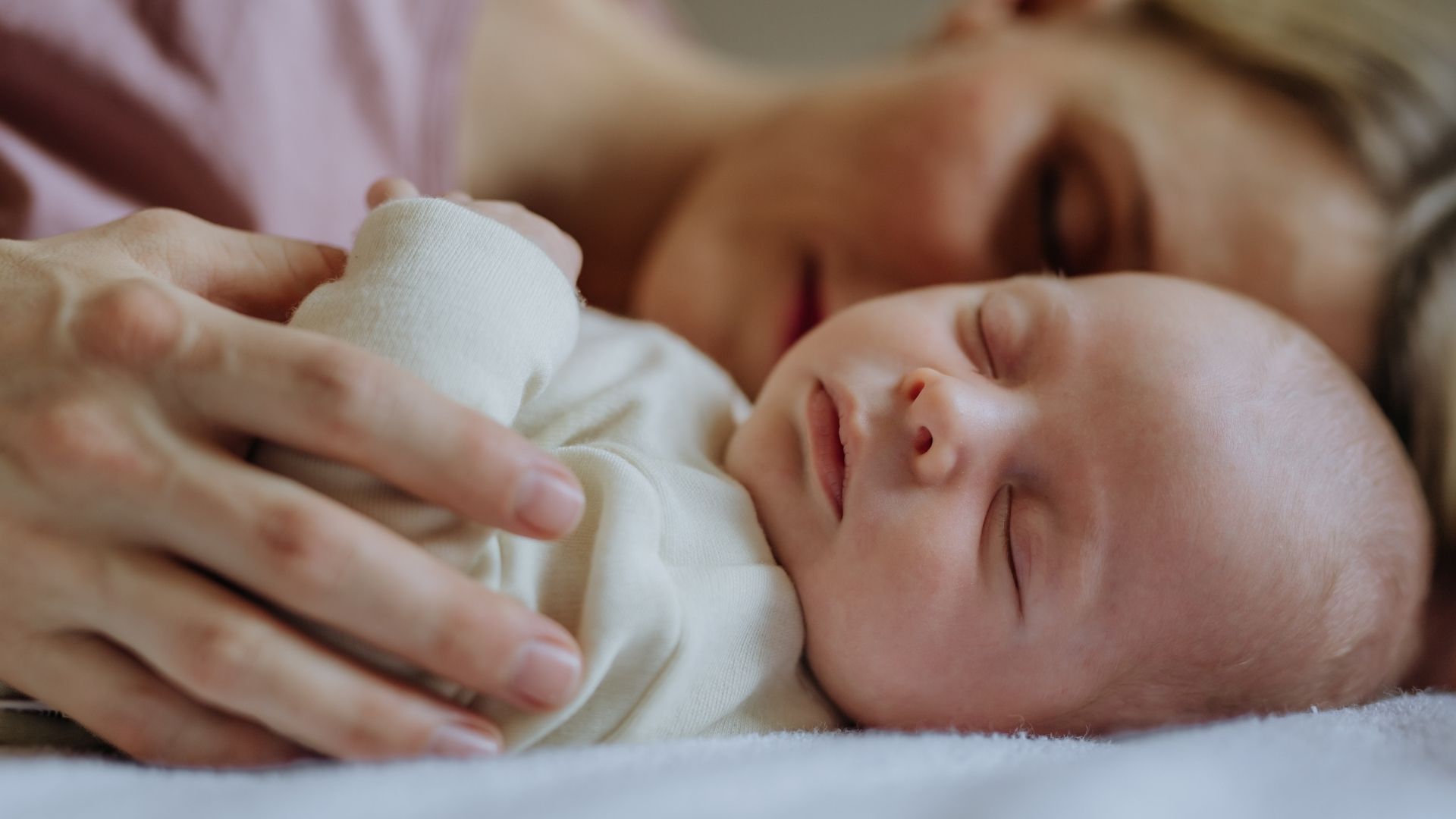Homeopathy for Insomnia

Anyone who has ever suffered from poor sleep whether for one night or for prolonged periods, will appreciate that it affects every aspect of your life. While lying awake at night is a frustrating experience, it is the next day that we really begin to feel the effects. Our energy is down, our moods are changeable, our work and family life suffer and the worry about whether we will get to sleep tonight sets in.
Sleeping Tablets
In desperation, many people resort to sleeping tablets which can be a welcoming respite in the short term. But consider this statistic from an informative study on the UK’s British Sleep – 42% of people on sleeping pills have had sleep problems for over 10 years or more. This suggests the pills are not effective in tackling the sleep problem long term. It also creates another issue of drug dependency.
Reasons for insomnia
I see a lot of people who come for homeopathic care specifically because they cannot sleep. For others the sleep difficulties are interwoven with a myriad of other physical and emotional complaints and not sleeping has just become the norm.
According to the report from the Great British Sleep Survey , the main cause of sleeplessness is the “racing mind” at night. The person gets caught in a loop of worrying about the day’s events – what they did, what they said, what they still need to do tomorrow and what the future might hold. They may feel overwhelmed with worries about the family, their job, money, or things that happened in the past. Or they may be experiencing work or relationship difficulties. We then get the snowball effect of lying awake thinking why can’t I get to sleep or will I get ever to sleep.
Other factors that disturb sleep include bodily discomfort, having to go to the toilet, room temperature, noise and light.
Natural relief for sleep problems with Homeopathy
Homeopathic treatment can be used to help with short episodes of sleep loss or for longer-term sleep disorders. Homeopathy aims to address the cause of the problem rather than just the symptoms that manifest. Each prescription is individual recognising that each person will experience and be affected by insomnia differently.
Some of the areas discussed during the consultation include:
- When the problem began, what was going on in your life?
- How you react and cope with the sleep loss and what impact does it have on you?
- When is the worst time for you – is it that you find it difficult to get to sleep or stay asleep?
- What happens when you awake at night?
- Is there a pattern in the time you wake?
- Are there any dreams or nightmares?
- Are you restless in bed, tossing and turning or are you comfortable in one position?
- What do you worry about, stresses, in your life now or in the past?
The consultation aims to obtain a detailed history of the problem, its cause, other health issues and family history to help prescribe a suitable remedy.
Homeopathic Remedies for Sleep problems
While there are hundreds of remedies for insomnia, here is an example of 3 homeopathic remedies to represent different scenarios when they might be used.
Cocculus
The person complains of feeling “too tired to sleep” after having long periods of sleeplessness, for example, after nursing a loved one, getting up with a child at night, or as a result of disturbed sleep by working night shifts. Lack of sleep creates symptoms of dizziness, nausea, weakness, trembling and introspection.
Ignatia
Sleep loss occurs after an emotional upset such as grief or loss, a relationship break-up, sadness, a shock or arguments. If the person gets to sleep, it is so light they hear everything, they have nightmares, and they may experience twitching and jerking of the limbs.
Nux Vomica
Sleep problems for a person who burns the candle at both ends, after a period of overindulgence with stimulants, food or alcohol. Or the loss of sleep can occur when under mental and emotional strain or being overworked. The person experiences digestive upsets, great irritability and impatience.
Treating insomnia is a complex problem as there are so many underlying issues at play. If you suffer from sleeplessness and it is now becoming a way of life, then professional homeopathic treatment can help bring much sought after relief, naturally promoting a peaceful night and productive day.
For further information contact:
Eileen Scullion, Registered Homeopath LicISH ISHom with the Irish Society of Homeopaths.
Tel: 086-0891037 Email: info@homeopathy-healing.com
References
The Great British Sleep Survey 2012 www.greatbritishsleepsurvey.com
Share














